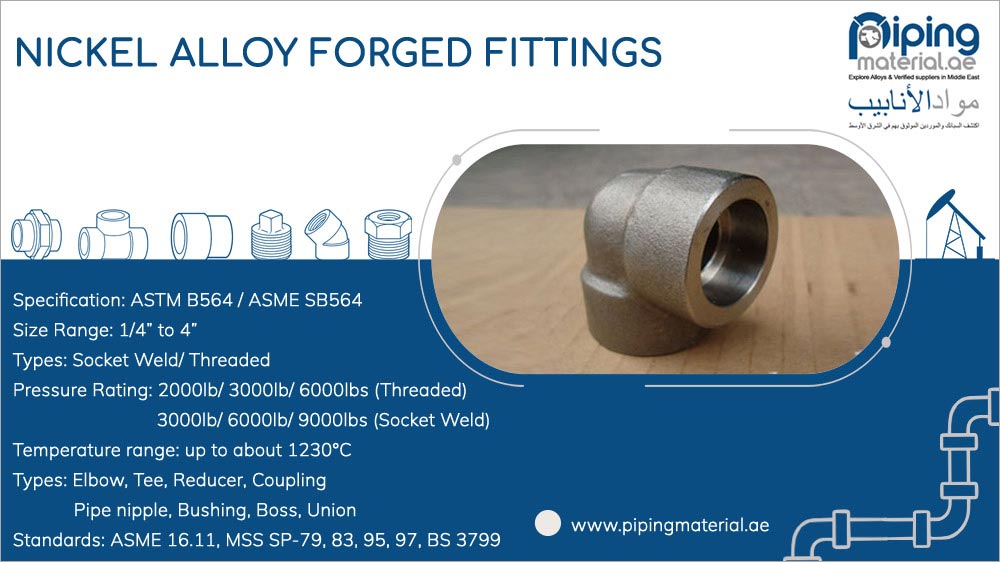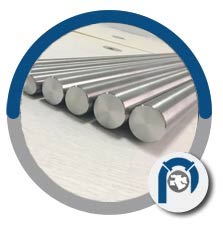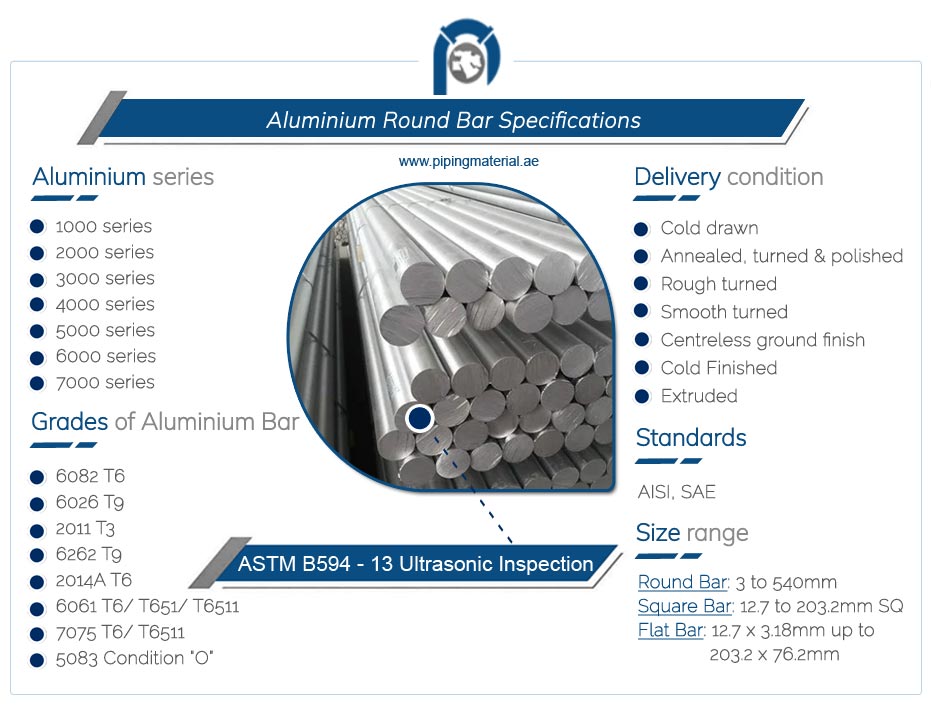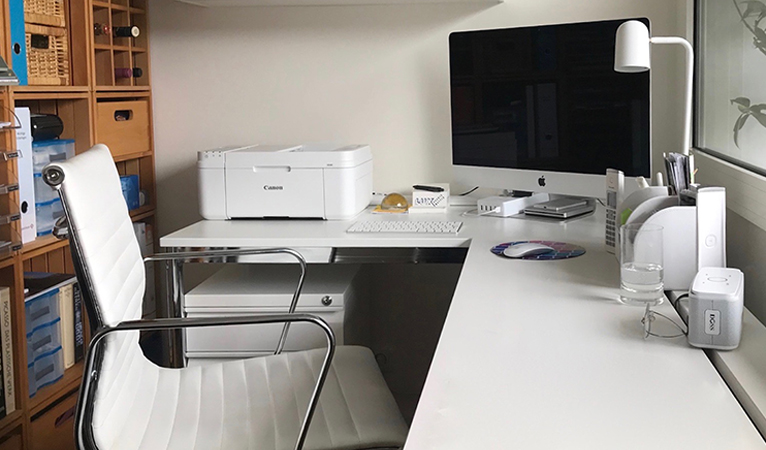Unlocking the Potential of Nickel Alloy Round Bars and Forged Fittings

Introduction
In the world of modern engineering, the demand for high-performance materials has led to significant advancements in various industries. Among these materials, nickel alloys stand out as a remarkable choice for their exceptional properties and versatility. Nickel alloy round bars and forged fittings have emerged as indispensable components in the aerospace, chemical, petrochemical, and marine sectors, where strength, corrosion resistance, and temperature stability are paramount. In this blog, we will delve into the fascinating world of nickel alloy round bars and forged fittings, exploring their attributes, applications, and significance in shaping the future of engineering.

Understanding Nickel Alloys
Nickel alloys are a family of metals composed primarily of nickel and combined with other elements such as chromium, molybdenum, iron, copper, and titanium. This strategic blending of elements imparts unique characteristics to the material, making it highly sought after in numerous industries. Nickel alloys are known for their remarkable corrosion resistance, excellent mechanical properties, exceptional thermal and electrical conductivity, and resistance to high temperatures. These traits make them indispensable in environments that require reliability and longevity.
The Versatility of Nickel Alloy Round Bars
- Superior Strength: Nickel alloy round bars are renowned for their exceptional strength-to-weight ratio, making them suitable for applications requiring robustness without adding unnecessary weight.
- Corrosion Resistance: One of the standout features of nickel alloy round bars is their resistance to corrosion, even in aggressive environments such as seawater and acidic solutions. This property is vital in marine and offshore industries, where conventional materials would fail.
- Temperature Stability: Nickel alloys excel in maintaining their mechanical properties at high temperatures, making them ideal for use in furnaces, heat exchangers, and other high-temperature applications.
- Electrical Conductivity: Certain nickel alloys exhibit excellent electrical conductivity, making them valuable in electrical and electronic applications.
- Weldability: Nickel alloy round bars can be easily welded, making fabrication and repair processes more efficient.
Applications of Nickel Alloy Round Bars
- Aerospace Industry: Nickel alloy round bars find extensive use in aircraft components, jet engine parts, and structural elements due to their high strength and resistance to extreme temperatures.
- Chemical Processing: The chemical industry relies on nickel alloy round bars for their exceptional resistance to corrosive chemicals and high-pressure environments.
- Oil and Gas: In oil refineries and offshore platforms, these round bars are used for valves, pumps, and drilling equipment where corrosion resistance is critical.
- Marine Applications: Nickel alloy round bars are essential in marine environments, protecting against the corrosive effects of seawater.
The Significance of Nickel Alloy Forged Fittings
Forged fittings, made from nickel alloys, offer several advantages over conventional cast fittings:
- Enhanced Strength: Forging enhances the strength and mechanical properties of nickel alloys, ensuring reliable performance even under heavy loads.
- Leak-Proof Design: The tight grain structure achieved through forging results in leak-proof fittings, making them suitable for high-pressure systems.
- Resistance to Fatigue: Nickel alloy forged fittings exhibit high resistance to fatigue failure, making them ideal for cyclically loaded systems.
- Dimensional Accuracy: Forging allows precise shaping and dimensional control, ensuring a perfect fit in complex systems.
Applications of Nickel Alloy Forged Fittings

- Chemical Plants: The chemical processing industry relies on nickel alloy forged fittings for their leak-proof and corrosion-resistant characteristics.
- Petrochemical Industry: In refineries and petrochemical plants, these fittings are used in critical applications that demand durability and reliability.
- Oil and Gas: Forged fittings find use in oil and gas pipelines, valves, and wellheads, where their strength and corrosion resistance are essential.
- Power Generation: In power plants, nickel alloy forged fittings are utilized in high-temperature and high-pressure systems, such as boilers and steam turbines.
Conclusion
Nickel alloy round bars and forged fittings have revolutionized modern engineering, offering unparalleled strength, corrosion resistance, and temperature stability. Their versatility extends across numerous industries, from aerospace and chemical processing to marine and oil and gas. As technology continues to evolve, nickel alloys will play an increasingly vital role in shaping a more efficient, reliable, and sustainable future for engineering applications. As engineers and designers continue to push the boundaries of innovation, nickel alloy round bars and forged fittings will undoubtedly remain at the forefront of their material choices.
TAGS :
RECOMMENDED FOR YOU
What are the advantages of the best infant car seats?
July 20, 2024









